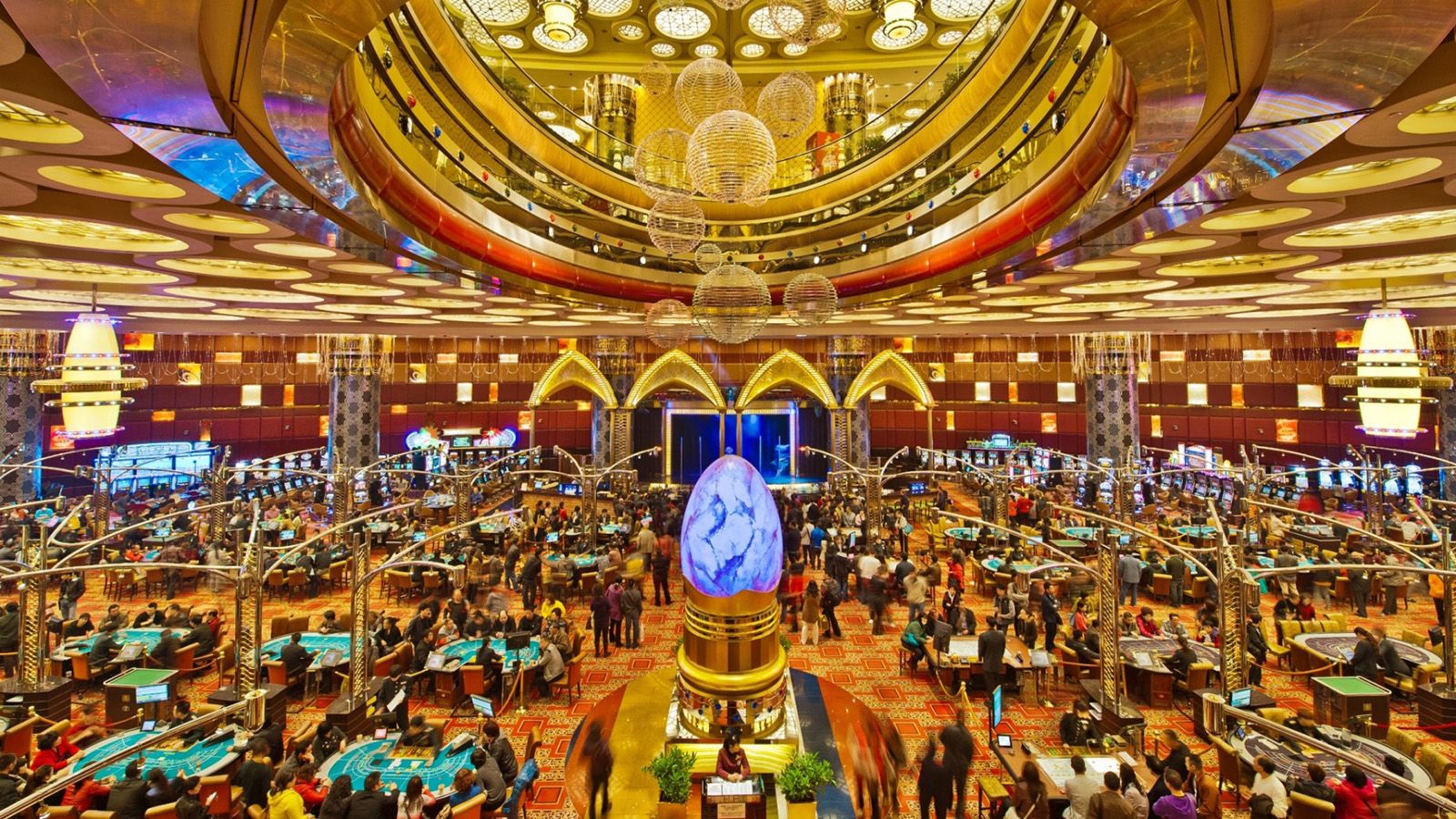
Casino entertainment have long been a engaging entertainment option, drawing numerous of players from varied cultures around the globe. From the lively casinos of Vegas to the thriving gambling halls of the Chinese gambling capital, these games serve as a bridge that brings together people across a variety of backgrounds. The allure of luck, strategy, and risk entices not only those hoping to win money but also those in search of a sense of community.
The significance of casino games extends far beyond the gaming floor. They often embody the values and beliefs of the societies in which they flourish. Games such as Texas hold ’em, pontoon, and the spinning wheel have embedded themselves into the mosaic of mainstream culture, influencing everything from cinema to style. As we explore this intriguing intersection of chance and society, we can comprehend better how these games shape and are affected by the world around us.
Historical Progression of Gambling Games
The beginnings of casino games can be followed back to historical civilizations, where gambling in various forms was extensively practiced. In the East, around 2300 B.C., a type of lottery known as Keno was well-known, while in historic Rome, soldiers would frequently wager on the consequences of their games. The notion of using randomness for amusement and profit developed over the ages, leading to the establishment of more structured games. By the end of the Middle Ages, gambling houses started to surface in European nations, notably in Italy, which introduced early versions of well-liked activities still enjoyed today.
As gambling gained popularity in European regions, the 17th and 18th centuries saw the rise of casinos as specialized locations for gambling. The initial official gaming venue, the Ridotto, was founded in Venice in sixteen thirty-eight, providing activities like Baccarat and the game Faro. This period marked a crucial turning point, as gaming venues started to attract not just the wealthy but also the expanding middle-tier society. The refinement of games increased, leading to the creation of new regulations and variations that enriched the experience of players.
In the 19th century, the industrial revolution and shifts in social conventions further altered the environment of gambling activities. The introduction of the game of roulette and modern gaming machines pulled in a larger clientele, and gaming houses became seen as acceptable entertainment. This era witnessed the worldwide proliferation of casino activities, as casinos expanded from the continent to the Americas, culminating in the creation of the legendary Las Vegas Boulevard in the 1900s. The evolution of gaming activities has continued into the modern era, including modern technology and digital platforms, allowing them available to a global population.
# Cultural Significance across Different Communities
Casino activities have deep-rooted cultural and social significance in numerous cultures across the world. https://new88.market/ For instance, in Las Vegas, the very core of the city is woven around casinos, where playing is not just a hobby but a fundamental aspect of social engagement and community interaction. The dazzling lights and vibrant atmosphere attract countless individuals, showcasing how gambling activities can shape local economical structures and cultural uniqueness. This surrounding transforms the notion of recreation into an immersive experience that affects style, melodies, and even film.
Conversely, some communities approach gambling with greater care, considering it through the lens of morality and customs. For example, in various Asian societies, games like Mahjong and Pai Gow are rich with history and possess significant social meanings. These games are often played during gatherings and festivities, fostering collective connections and solidifying kinship ties. The act of playing these games goes beyond mere entertainment, reflecting principles such as deference to seniors and the value of shared enjoyment.
Meanwhile, in continental countries such as Monte Carlo and the Italian Peninsula, games of chance serve as symbols of wealth and sophistication. The stylish atmosphere of these locations attracts both travelers and residents, reinforcing a sense of distinction and elitism. The art of the game of poker and the strategic elements of games like banker’s game are appreciated, influencing social dynamics and creating an appeal that captivates a heterogeneous audience. This emphasizes how casino games can concurrently mirror and shape societal views towards hazard, benefit, and community interaction.
Financial Influence and Travel Industry
Gambling activities play a significant role in the economic landscape of many regions, particularly those that rely heavily on visitor traffic. The revenue produced from casino operations fuels local economies, creating employment opportunities not only within the casinos themselves but also in related sectors such as hotel management, dining, and entertainment. This influx of tourists, drawn by the allure of gambling and the overall gaming environment, stimulates expenditure across multiple local enterprises, contributing to the economic health of the region.
The existence of casinos often leads to the development of facilities, including lodging, transportation systems, and leisure amenities. These improvements are essential in improving the overall visitor satisfaction, making destinations more appealing to visitors. Additionally, many casinos contribute in local communities through support of events and charitable initiatives, further integrating themselves into the social fabric of the region. Such contribution not only supports economic growth but also cultivates a positive image of the casino industry.
Moreover, the worldwide appeal of casino games drives competitive tourism, with regions vying to attract gamblers from around the world. Iconic destinations like Las Vegas and Macau have become synonymous with gambling culture, drawing millions each year. This competitive edge encourages creativity and variety within the gaming industry, influencing developments in leisure and hospitality that extend beyond their limits. The ripple effects of this tourism extend far, impacting local financial health and cultural exchanges on a worldwide scale.